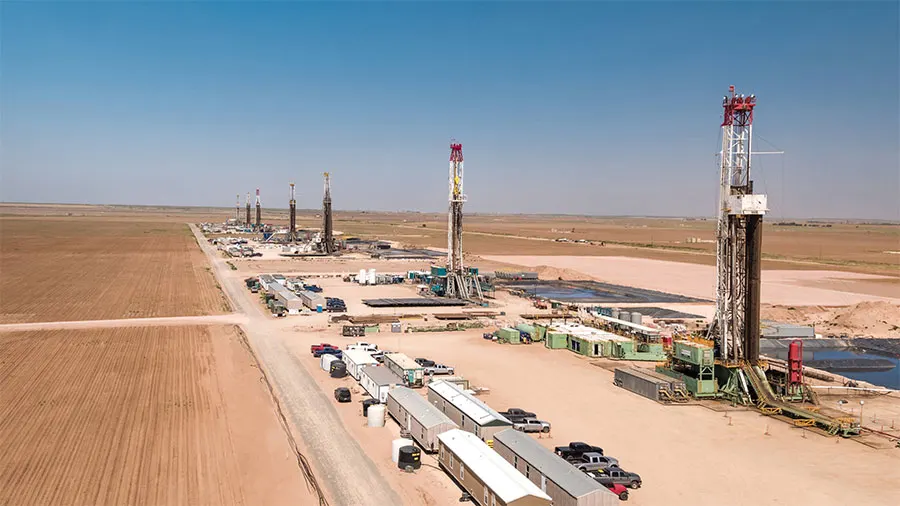A new study by the Brazilian Institute of Oil and Gas (IBP) highlights the scale of the oil and gas sector’s importance in financing public policies in Brazil. The analysis shows that the industry generated more than BRL 325 billion ($59 billion USD) in 2023 for federal, state, and municipal governments combined.
The survey, titled “The Importance of the O&G Sector for Public Finances,” details that in 2023 alone, federal revenues attributable to the sector exceeded BRL 155.8 billion. To illustrate the impact, this amount would be sufficient to alternatively finance:
- 102% of the entire budget of the Ministry of Education;
- 84% of Health expenditures;
- 58% of the Social Assistance budget;
- 16% of the entire Social Security budget.
The value also surpasses by 58% the entire amount allocated to the Labor portfolio.
“These figures demonstrate that the relevance of the oil and gas sector for Brazil goes far beyond the energy matrix. We are an essential pillar for sustaining the welfare state, financing everything from citizens’ retirement benefits to children’s education and healthcare through the SUS system,” said Roberto Ardenghy, President of IBP. “For this massive contribution to continue driving national development, it is crucial to ensure a business environment with regulatory predictability and policies that foster investment.”
Impact on states
The analysis also shows that the sector is equally critical for state governments. On average, revenues generated by the O&G industry represent around 13% of state budgets. This comes both from royalty and special participation transfers, as well as from ICMS fuel taxes, which totaled BRL 116 billion in 2023.
The most striking case is Rio de Janeiro, where sector revenues reached BRL 30.4 billion, equivalent to 34% of the state’s total revenues. The study also highlights the relevance of ICMS in non-producing states: in Goiás, fuel-related ICMS accounted for 24% of total ICMS revenues, and in Mato Grosso do Sul, for 26%.
For the first time, the IBP study consolidates the various revenue sources generated by the sector, including ICMS, government takes (royalties and special participations), signature bonuses, the Federal Government’s profit-oil under production sharing contracts, and general federal taxes such as PIS/Cofins, CSLL, and Corporate Income Tax (IRPJ), all of which apply across the value chain.
The analysis concludes that the oil and gas sector remains a strategic asset for Brazil, not only from an energy standpoint but also as a key pillar of public financing. Ensuring the continuity and strengthening of the industry is therefore essential to generate wealth, jobs, and the revenues that sustain national development and the population’s well-being.
“Join the companies that smart energy professionals follow – because when you’re featured on OGV, the industry pays attention.”















